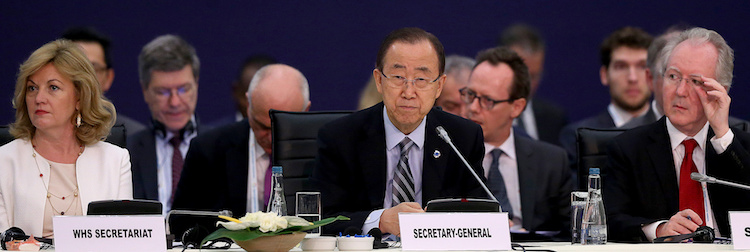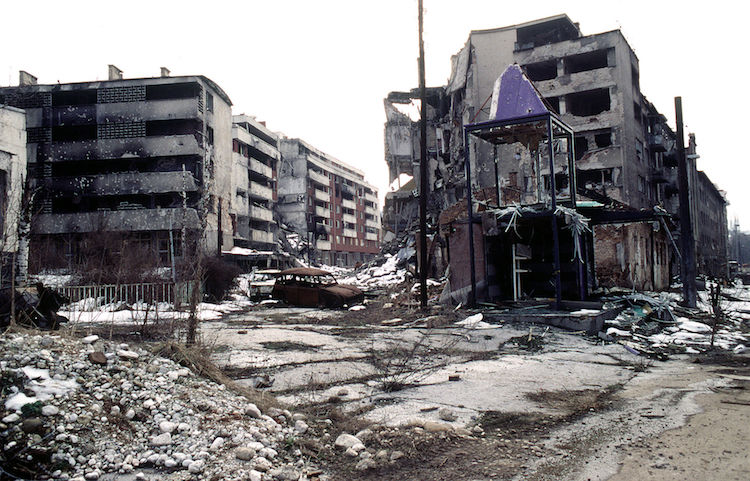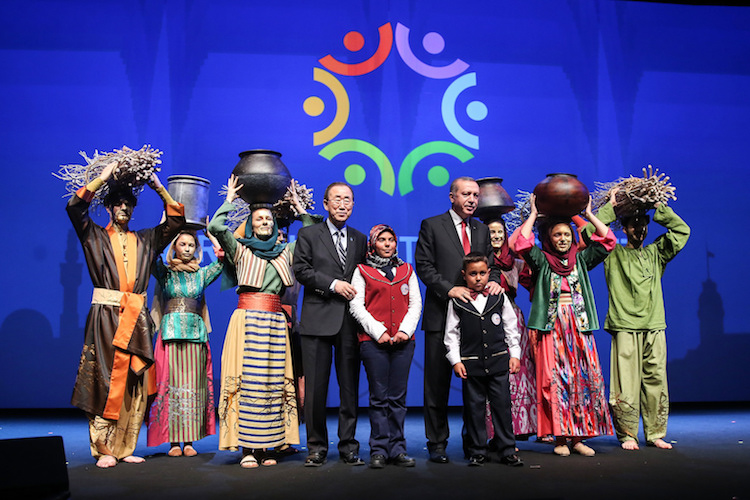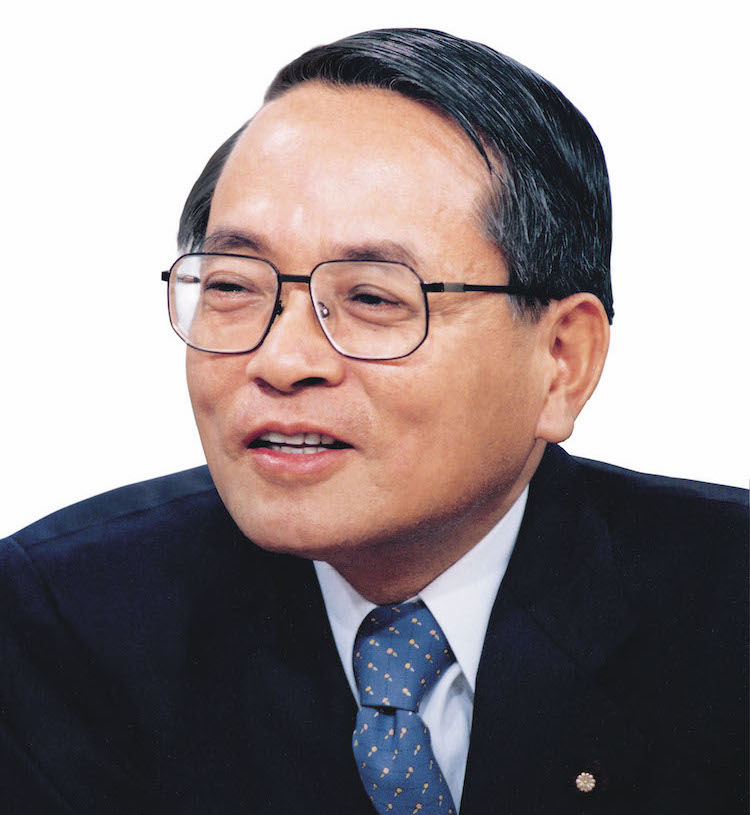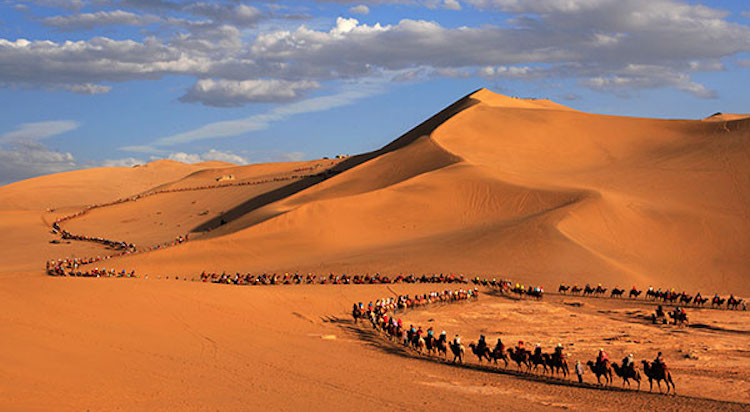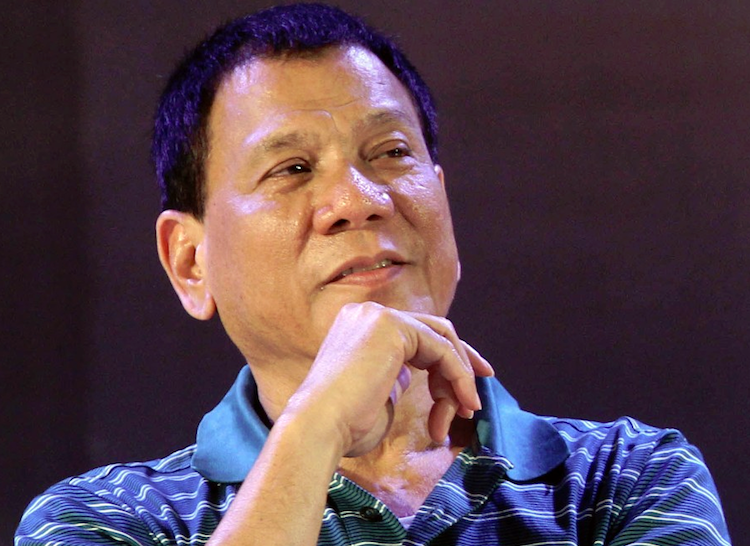Analysis by Ramesh Jaura
ISE-SHIMA | Japan (IDN) – Despite President Barack Obama’s call for a “world without nuclear weapons” during his ‘historic’ visit to Hiroshima, the city where the first ever atomic bomb was dropped on August 6, 1945, causing over 140,000 casualties, the United States is nowhere close to prohibiting nuclear weapons.
This was also underlined by ‘Leaders’ Declaration’ emerging from the two-day summit of the Group of Seven (G 7) major industrial nations that concluded on May 27 on Kashiko Island located in Ise-Shima area of Mie Prefecture in Japan.
The Summit’s host, Prime Minister Shinzo Abe, chose the venue for its rich culture, beautiful scenery and close proximity to one of the country’s most honoured historical sites: the Ise Jingu, or the Grand Shrine, built nearly 2,000 years ago.


